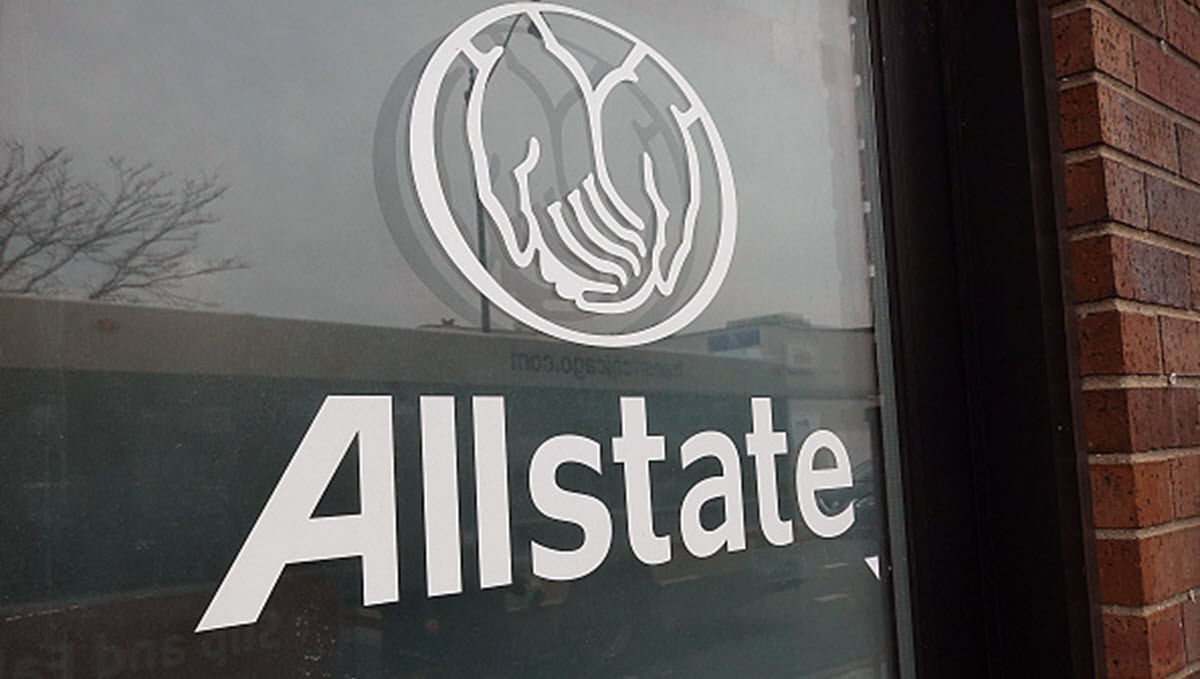A Contra Costa County resident who contracted measles and may have exposed BART riders on trains last week is an employee of the San Francisco office of LinkedIn, company officials said Wednesday.
Officials with the company, a social network for professionals, said they were informed Tuesday about the measles diagnosis and are working with the San Francisco Department of Public Health in managing the situation.
"The health and well-being of our employees is our absolute top priority, and we will take whatever steps are advised to ensure their safety and the safety of the general public," LinkedIn said in a statement.
Contra Costa Health Services officials said the person traveled between the Lafayette and Montgomery BART stations during the morning and evening commutes from 6 a.m. to 8 a.m. and from 7 p.m. to 9 p.m. between Feb. 4 and Friday. The person also spent time at E&O Kitchen and Bar, a restaurant located at 314 Sutter St. in San Francisco, on Feb. 4 between 5:30 p.m. and 7:30 p.m., health officials said.
Measles spreads through the air when an infected person coughs or sneezes and can stay in the air for up to two hours, health officials said. BART trains circulate throughout the Bay Area, so anyone who used the transit system during that time could have potentially been exposed to the virus, health officials said.
Health officials in Contra Costa and San Francisco counties are working together on tracing the person's movements and notifying anyone who may have been in close contact with them.
"Measles is circulating in the Bay Area and we don't know yet where this person was exposed," said Erika Jenssen, communicable disease program chief with the public health division of Contra Costa Health Services.
"The ongoing measles outbreak in California highlights the need for people to be vaccinated, and this is just another example of how interconnected our region is and how important it is for everyone to be up to date on their immunizations," Jenssen said.
People who were born before 1957 are considered immune because they likely had measles as children and developed a resistance to the disease.
People who are vaccinated or have had measles are unlikely to contract the disease, health officials said. However, those who have not previously been vaccinated are at high risk if exposed. Women who are pregnant and people who are HIV positive or immune suppressed are considered to be at a high risk for measles if they are not vaccinated.
Local
"The measles vaccine is very effective and is a standard part of pediatric primary care," said Dr. Tomas Aragon, health officer for the city of San Francisco. "While we are concerned about the current outbreak in California and its potential to spread, we cannot emphasize enough that the solution is simple and available: be vaccinated."
Anyone with symptoms of measles is urged to contact their health care provider immediately. Measles symptoms can begin one to three weeks after exposure and include high fever, runny nose, coughing and watery red eyes. A rash develops on the face and neck two to three days after the fever begins and spreads down the body.
The rash usually lasts five or six days, health officials said. An infected person is contagious for several days before and after the rash appears.



